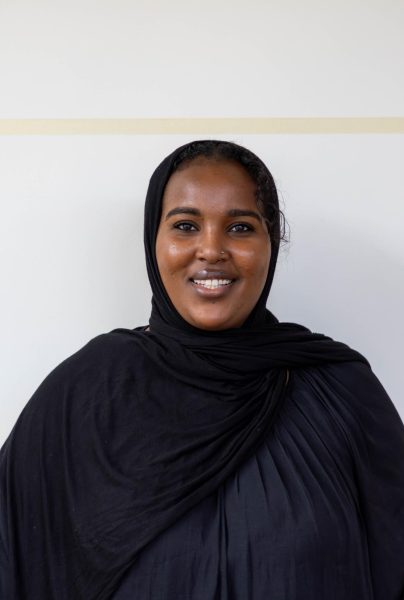Op-ed: The model minority myth is detrimental and must be dismantled
An NU student reflects on the harmful impacts of the model minority myth.
September 6, 2020
Do you believe in your identity?
Growing up, I joked about myself by perpetuating the stereotypes I had become so accustomed to hearing. Other Asian Americans around me made similar jokes, all at our own expense and to deal with the low-level racism we faced. Joking about it became a way to cope with the stereotypes pushed on me and subconsciously became part of my identity.
The existence of the model minority didn’t quite become a reality for me until college. Growing up, I always faced high expectations from my parents and teachers, but going to an international high school mostly attended by Asians normalized this high-pressure mentality.
It wasn’t until coming to college that off-handed comments became more common: “Asians are so smart,” “But what’s your real name?” or “What do you do besides study?”. I felt a lack of consideration for how I might’ve felt hearing that stereotype. I’ve seen Asian Americans around me retreat to purely Asian American groups because they felt that only they could understand the pressure resulting from stereotypes.
Soon I learned that it was more than just a stereotype, and with that came learning about what it meant to be part of the model minority: the nonthreatening immigrant.
The stereotypes used against Asian Americans became the reason they were regarded as the favorable people of color. Assumptions that all Asians are so hard-working or that they are all good at math, coupled with academic success, created this image of a successful immigrant.
Yet, the existence of the model minority myth reinforces the idea that though Asian Americans can be successful, they can never be more than immigrants. In the end, they will never stop needing to prove their “Americanness.”
The model minority myth harms other groups as well. Asian Americans continue to be caught between the idea that we can never be more than foreigners and the temptation of allying with white people to finally prove our Americanness. Hence, anti-Black sentiment runs deep in many Asian American communities, but the truth is that I and many others don’t believe the model minority myth is meant to be a form of praise at all.
It’s not praise when it doesn’t empower the Asian American community. It’s also not praise if it enforces unrealistic standards. More than that, is it praise when it is used to put down other racial minorities to create tension between them?
By pushing the model minority myth, the United States allows Asian immigrants and refugees to stand on Black, Brown and Indigenous people. Too often Asians are forced to pick a side in the Black-white racial divide, and yet too often we pick the white side. Thus, holding onto the model minority has become more important than recognizing ways in which we are hurting the Black community.
More than ever, I believe complacency is irredeemable. It’s time to dismantle the model minority and replace it with empathy, compassion and understanding.
For me, this meant a change in my own identity. What I thought wasn’t right. My identity transformed by disagreeing with the stereotypes I grew up with. It started by telling myself and others that just because I didn’t have an affinity for math, it didn’t mean that I couldn’t be successful.
Rejecting the model minority means refusing to be used as an excuse to gaslight Black and Brown Americans. It means refusing to be used as a tool for white supremacy.
Taylor Hsu is a third-year business administration and psychology major with a minor in behavioral neuroscience. She can be reached at [email protected].


















